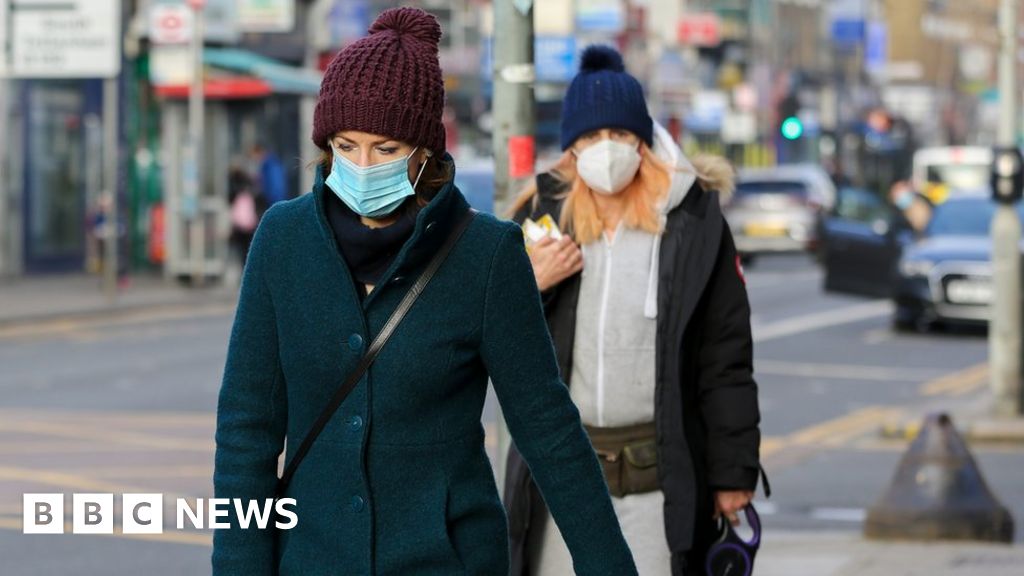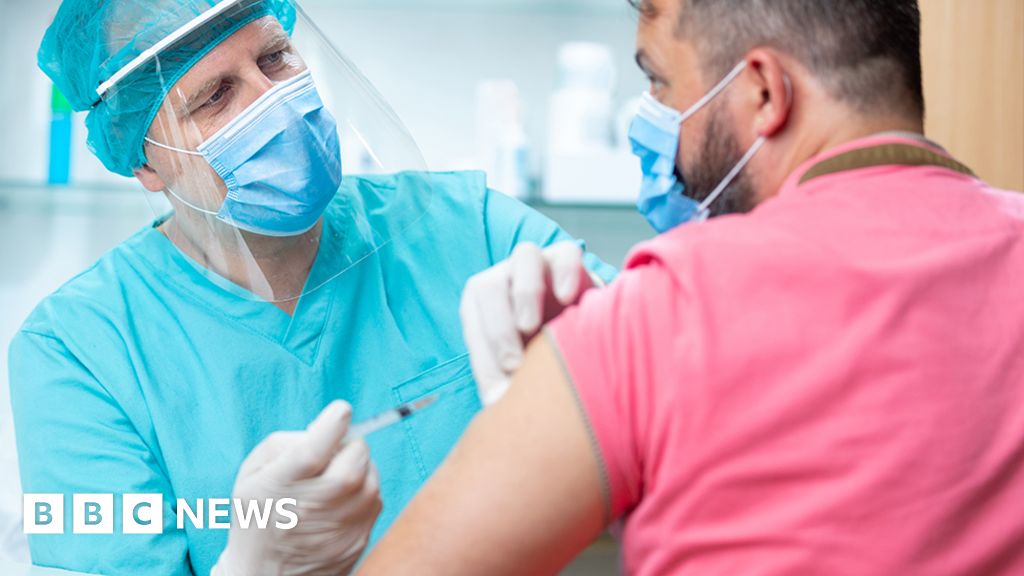Do I really need to explain the differences between smoking and COVID?
The comparison is just absurd. At the very least because smoking isn't contagious (and as much as second hand smoke is a problem, we have put in place workplace bans etc to try to limit the risk). Of course, you can simply stop smoking too whereas you can't just decide stop having COVID.
And of course, the reality of todays world is that we do heavily restrict the freedoms of people when it comes to smoking. So much so that you cannot smoke in pubs or many other private businesses now, and even in terms of housing many places stipulate no smoking inside.
I'm not saying they are similar conditions; the comparison I'm making is with the debate on "how much death are we happy living with". In terms of the numbers, there isn't any difference.
Now if you want to go down the other route; one could say it's up to people to decide whether to smoke or not, as you say, but the government is not letting us decide what risk we have with COVID - why shouldn't those who are worried about it be given the choice to isolate, and get government support whilst the crisis is ongoing, whilst the rest of us go out and live our lives and get the economy going again?
Also whilst you can choose to stop smoking yourself, others still doing it still means the NHS being used for smoking-related illnesses - which blocks it up for other conditions. Which is exactly the same argument for COVID giving the justification for us all being cooped up.
It's really not that different a scenario at all when you look at it like that (whereas of course they are completely different afflictions).
Finally, anybody who smokes long term is affected generally the same way. With COVID, you can identify pretty easily those who will be affected most (with a few tragic exceptions), so again why penalise everybody else?
Using the PHE figures from today, Covid is the second highest underlying cause of death between 21/3/20 & 8/1/21 after cancer (74,003 covid deaths, 109,414 cancer deaths) so I think it's safe to say it's quite an issue
Yes that's right now. But look at those figures over a 3 year / 5 year / 10 year period, and it will get vanishingly smaller than all the other conditions, which are a constant each year.
Most importantly, there's no precedent for something like £1million/QALY, which is what we've spent so far looking at
the cost of lockdowns, and is well above the normal cutoff for being considered good value
Yes I read a similar article recently; it is quite frankly criminal some of the costs involved.
A cynic may say it is somewhat of a pragmatic decision. As you say, you have a lot of income generated. In addition, while smokers may take up NHS resources now, they are significantly less likely to live as long and so don't take up NHS resources later - on balance they probably put less of a strain on the NHS.
This article is from 2016, but at the time over 40% of NHS budget was spent on over-65s. The more people live longer, the greater their medical demands become.
Well tobacco duty generates 8.8bn in a year, so the government are going to have to get a lot of us addicted to tobacco to help pay off the 350bn+ spent on this! Ha.
But yes I see your point about longevity; but considering most COVID patients are already generating a lot of cost on the health service for other conditions, if you were being really cynical about it, why not let COVID take it's natural course? So I don't think that's the answer, to be honest.




